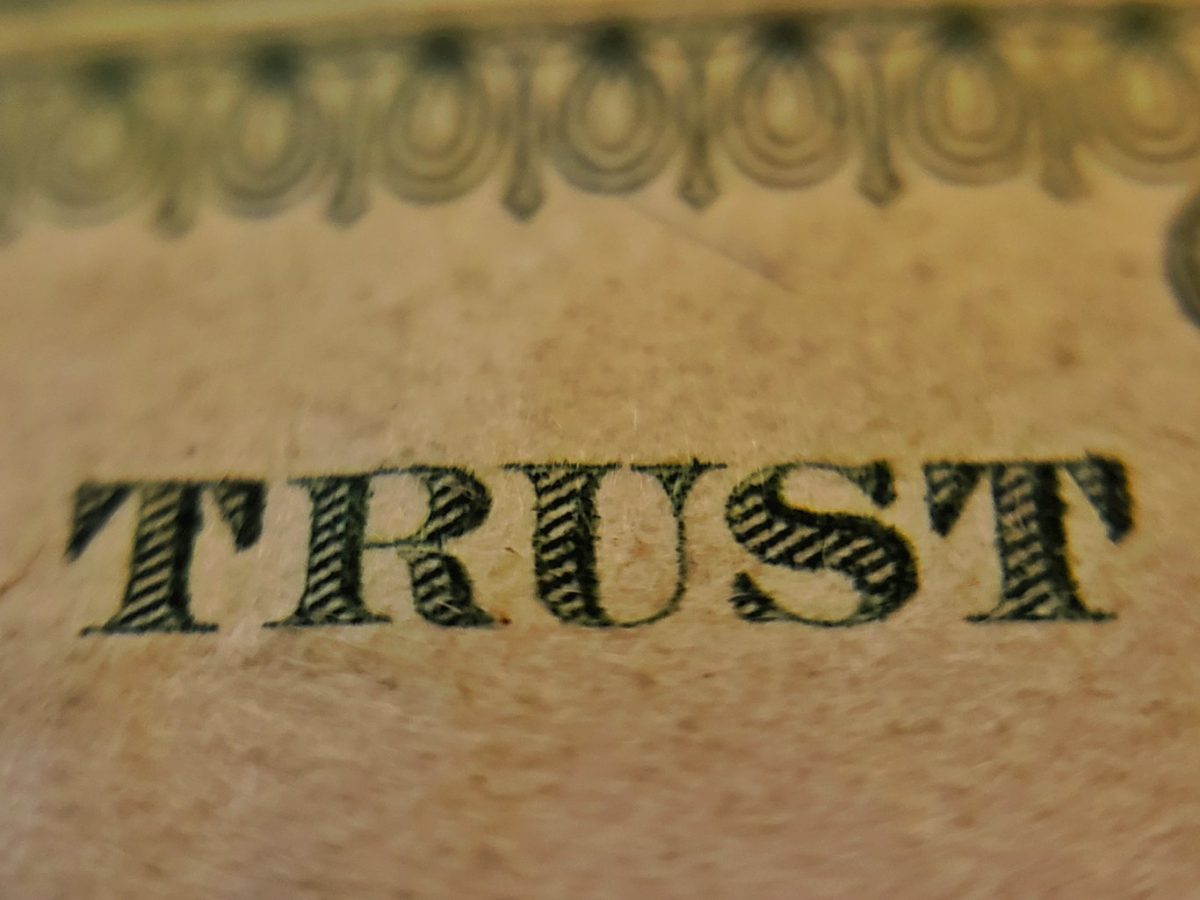Trust is an important thing on the internet, especially when payments are involved. Who knows who you’re dealing with over email, or on some website, run by who knows how many people. In this article we look into how trust occurs online, and how this is being changed by trustless systems.
eBay
Let’s take a look at how the first solution to trust on the internet came about. In the 1990’s, the internet was bright and fresh, a wild west of opportunities. As certain as the sun rising, those few people who are out to ruin it for everyone else, started making trouble and scamming people. We shouldn’t bemoan their existence, it’s to be expected: human nature is what it is. So what systems evolved to solve the problem of trust? eBay is a great early example, with their rating and review system. The early buyers were most likely young people who were out to get some good gear second hand, or at least cheaper than in a store (with all the overheads of a physical location, pushing up the price of the items, eBay helped to reduce costs). So they were mostly assumed to be trustworthy, most of the time, at least in the early days. The sellers, on the other hand, were business people, out to make a profit: their motives are already on suspicious ground. If a seller sold 100 items in a month, and had a 20% profit margin, they stood to earn a lot of money (80% extra on a sale!) by simply not sending the item to the buyer, once a month. If eBay was watching and scrutinizing them, to check if they were fraudulently taking people’s money and not sending items in that way, then there wouldn’t be an angry crowd of dissatisfied buyers waiting in protest, instead there would just be one or two people who probably had their package stolen, perhaps. So in this way, it was a problem that eBay had to solve. They solved trust and the reliability of sellers (not so much buyers) by implementing a feedback system, measured specifically as a percentage. The bar for this percentage is extremely high: the percentage is displayed down to two decimal places, and someone with 99.05% positive feedback has a substantially worse score than someone with 99.95% feedback. So, buyers learned to trust sellers with consistently high scores over many hundreds (if not thousands) of orders. This worked fine in the early days, but as systems evolve, unintended consequences of the design emerge. Buyers start leaving positive feedback when they’ve had a bad experience because they don’t want to receive reciprocal bad feedback themselves. Sellers offer to refund an order at the drop of a hat, living in fear of negative feedback.
More concerning, what if eBay started to exclude some negative feedback, based on its age, or some statistical measure of certainty, designed to lessen the impact of the occasional (accidentally) lost package? How do you know that their algorithm hasn’t run amok, and is hiding all the deadly negative feedback that you wanted to see? If the feeling of risk and distrust is rising in the back of your mind, you’d be right. The assumption underlying all of this is that you have to trust eBay, the person collecting and presenting the feedback score. If you don’t trust that number being displayed on the website, then it’s worthless. So, eBay’s rating and review system is inherently a trust-based system: you have to trust eBay. What possible alternative is there, I hear you asking? Well, let me tell you about my friend, the “trustless system”.
Trustless systems
Despite the confusing name, it does not mean a den of thieves where no-one is trustworthy. It means that you don’t need to trust the system itself. In contrast to the centralized and arbitrarily editable ratings & reviews system of eBay, there are many proposed blockchain solutions to establishing trust.
But what is a trustless system? A trustless system is one where the inner workings of the system are completely open and transparent, so that you can see there are no arbitrary back doors to undo negative feedback, or assign undue trust to an individual who is behind the scenes. Furthermore, a trustless system should be decentralized, so that there is no one physical server or piece of hardware that is vulnerable to tampering. In eBay’s case, who is to say that a server technician in the back room couldn’t one day edit his own personal account’s feedback score to be positive, with you none the wiser? In a distributed and decentralized system, this isn’t a risk, as you don’t have to trust that the hardware is secure.
The Blockchain
The blockchain is a good example of a trustless system. In the blockchain, there is no single entity that you have to trust to run the system. Bitcoin is a trustless system, and the blockchain is the underlying technology. A blockchain is a decentralized, immutable index of data. In the case of Bitcoin, it’s the list of payments that have ever been made. This is all open and transparent, anyone can download the software and view the blockchain, so they know exactly how it works. Suppose you are browsing the internet looking to buy a kitchen sink (of all things). While it doesn’t currently exist in a popular form at the time of writing (March 2021), in the future, there will no doubt be an implementation of a blockchain to solve the question of feedback scores for online sellers, that will be publicly verifiable, so that anyone browsing a specific merchant’s website can check and see if they really are the best sink company, and feel assured.
In summary
Trustless systems are systems that you do not have to trust, because they are open and transparent, and because they are decentralized. If the system is all open and transparent, then you know exactly how it works, and you don’t have to trust that the creators built it with no nefarious ideas in mind. If the system is decentralized, then there is no single entity that we have to trust to run the system, physically. So, in these systems, we do not have to trust anyone, and can operate and trade without worry or risk.


